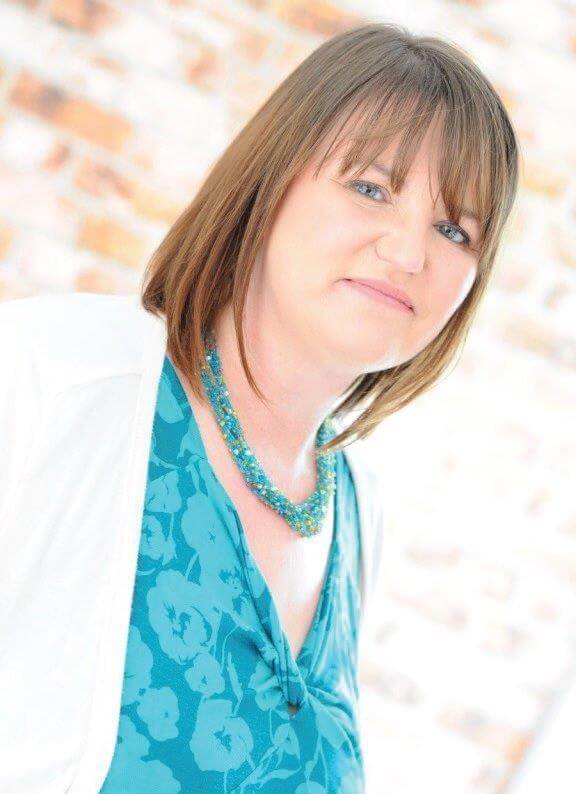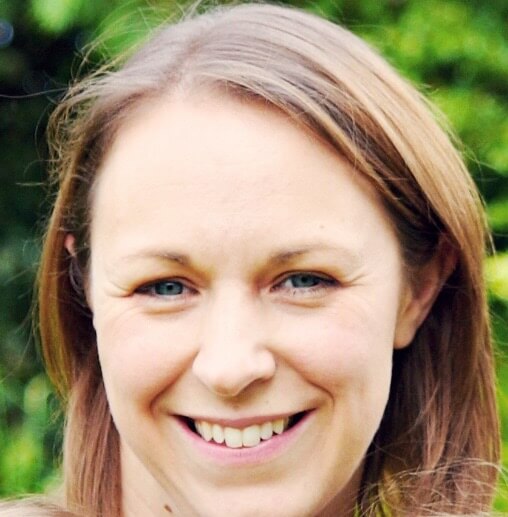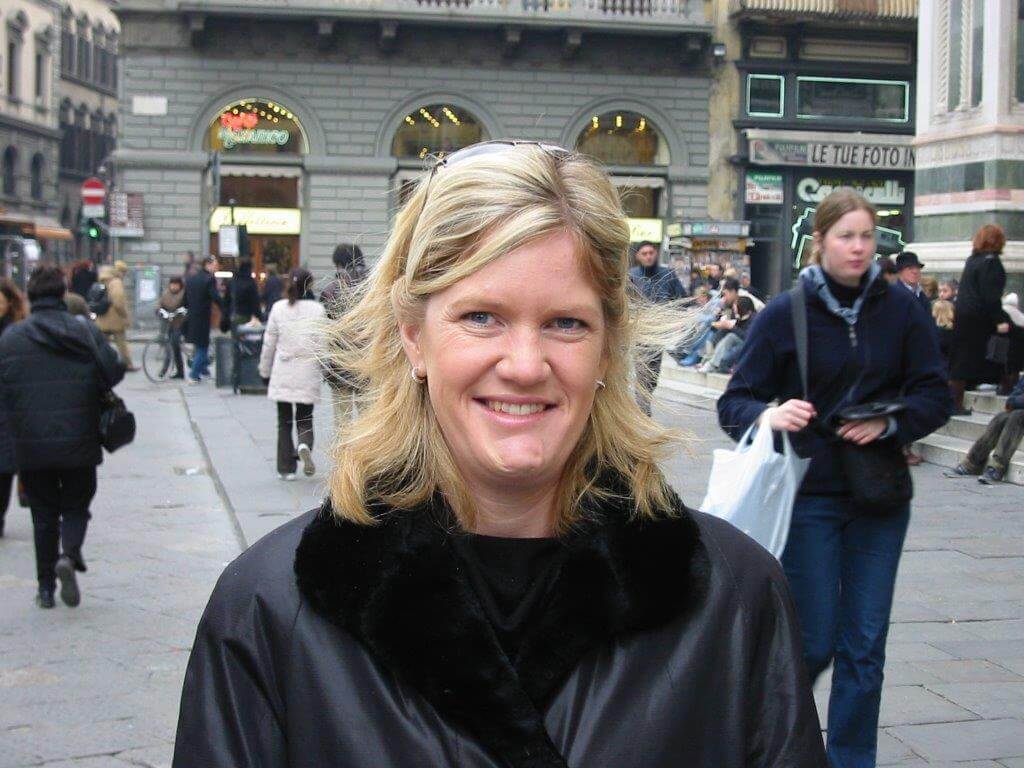At Cerebra we believe in listening to families and using what they tell us to inspire research, innovation and information. One area that parents have told us that they struggle with is dealing with statutory agencies in relation to the provision of health, social care and education support services.
As a response to this Cerebra funds research by Professor Luke Clements to explore practical and effective ways of resolving the commonly occurring problems families face. As a result we have developed a number of resources, based on cases raised with us by parents and carers within our Legal Entitlements Research Project. We have a lot of reliable, up-to-date and evidence based information and the job now is get that information out there for parents and carers to use to improve their family life.
Cardiff Law School, together with Cerebra, have been awarded funding by the Economic and Social Research Council (ESRC) to help us to improve the impact of our research. With that money we have launched a new project, The Family Research Ambassador Project, which will involve parents and carers of disabled children in helping us to make our pool of existing information much more accessible and engaging to others.
The project’s main aims are:
- to produce a ‘Problem Solving Toolkit’ that deals with these commonly occurring problems in accessing services
- to test, improve and build on the toolkit
- distribute this as widely as possible within various disability support groups and to parents of disabled children
- to give parents and carers the confidence to tackle decisions and to feel supported
In the longer term we hope to write and publish a peer reviewed academic paper evaluating the Family Research Ambassador Project and (funding permitting) use our first intake of Family Research Ambassadors to train the next intake, with the aim being to spread this project as wide as possible.
We have taken on eight Family Research Ambassadors (FRAs) to assist in bringing this toolkit together and to circulate and promote this to disability support groups and social media. We value their experience, skills and knowledge of disabled children and this is our opportunity to introduce them to you:
Alison Thompson is the mother of two young adults, one of whom has ADHD and Asperger’s syndrome. She is the author of ‘The Boy From Hell: Life with a Child with ADHD’ and speaks regularly about her experience of parenting a child with the condition. She is also a trained coach who works with parents of ADHD children to help them build their confidence and overcome some of the struggles of parenting a child with special needs.
Lisa Reakes has been helping the families of disabled children through her part-time volunteer work with Somerset Parent Carer Forum and as SEN parent governor. Her daughter has a physical disability with epilepsy. She has a background in fundraising and marketing.
Claire King has 2 boys aged 5and 8. As a mum of a child with hearing loss, ADHD and Asperger’s syndrome, she has first-hand experience of the challenges parents face in everyday life as well as the challenges in accessing the services available. Claire is very passionate about helping other parents who face similar obstacles and strives to assist others overcome these barriers.
Dawn Cavanagh lives in Pembrokeshire with her husband and son. Her son attends a special school and has autism, epilepsy, ADHD and learning difficulties. She is currently studying for a master’s degree in Abnormal and Clinical Psychology at Swansea University. Her particular research area is learning disabilities and bereavement. She is also a volunteer for adults with learning disabilities. In her spare time she loves to dance or go for a stroll along one of Pembrokeshire’s beautiful beaches.
Sian Taylor is a Senior Lecturer at Cardiff School of Management, Cardiff Metropolitan University. She has two boys aged 10 and 6. The youngest has complex special needs. Sian is an Ambassador for Cerebra, a Trustee for WellChild and also a member of their parent advisory group and regional advisory group. She participates in a University of Surrey steering group for eHealth and also a focus group for Diverse Cymru. She is interested in many areas regarding child disability.
Karin Crimmins is Mum of 2 wonderful girls, the youngest of whom has Down’s Syndrome. She is passionate about sharing information, assisting and supporting others in relation to the provision of health, social care and education support services. She understands the frustration and hurdles that parents and carers face and that not all parents are able to advocate for their children, hence her desire to be involved in this project. Karin has been able to ensure that her daughter receives the correct level of support for her needs and wishes to pass on her knowledge and experience to others. Karin has a very active role within the voluntary sector as she is the membership secretary/newsletter editor for the South East Wales Down’s Syndrome Support Group and is an administrator for the Future of Downs group.
Marie Macey is the mother of three children, her youngest son having autism and moderate/severe learning disabilities. She is a retired social worker, having worked largely with supporting foster carers, but also worked in a children’s disabilities team. She has been involved in the Legal Entitlements Research Project since the beginning and is delighted by its development. She has also been actively involved in various disability support groups in and around Cardiff for the last 20 years, promoting the project through these groups.
Wendy Merchant is a registered child nurse who is committed to advocating child, young people and family rights and involvement. Wendy is an experienced facilitator who is good at motivating others, chairing meetings and seeking sources of support for families. She is a self-motivated individual who is passionate about the delivery of compassionate care in the NHS. Currently Wendy is a PhD Student at UWE, Bristol, researching “Caring for children with special needs on a hospital ward. Mothers and nurses experiences.” Wendy has experience of supporting parents as an organiser of a parents support group, as a family support worker and on an informal basis as a mother of a disabled child.
We will bring you updates on the work of the project throughout 2016.










